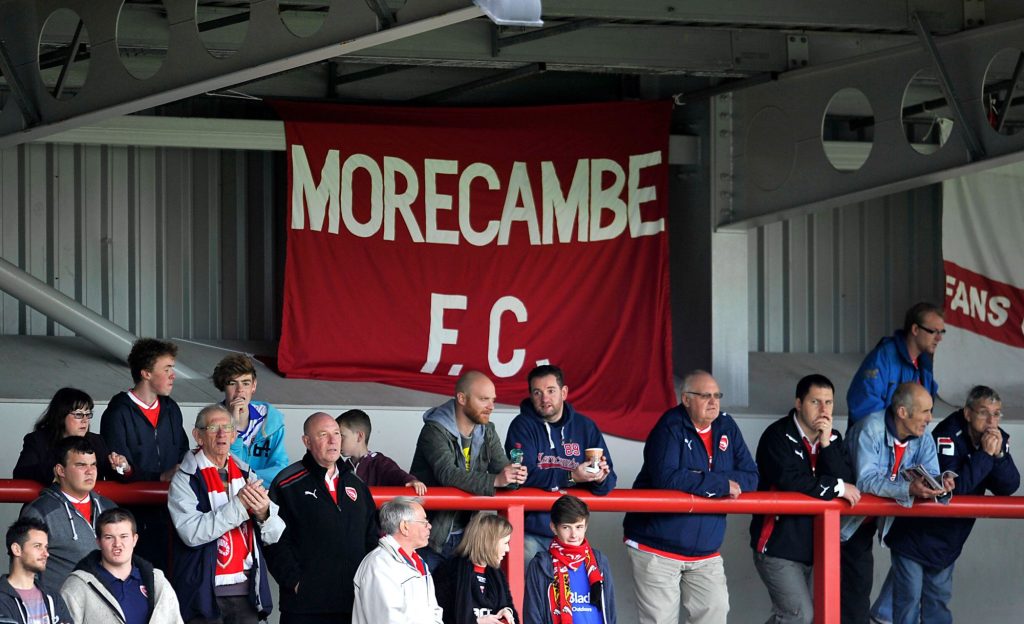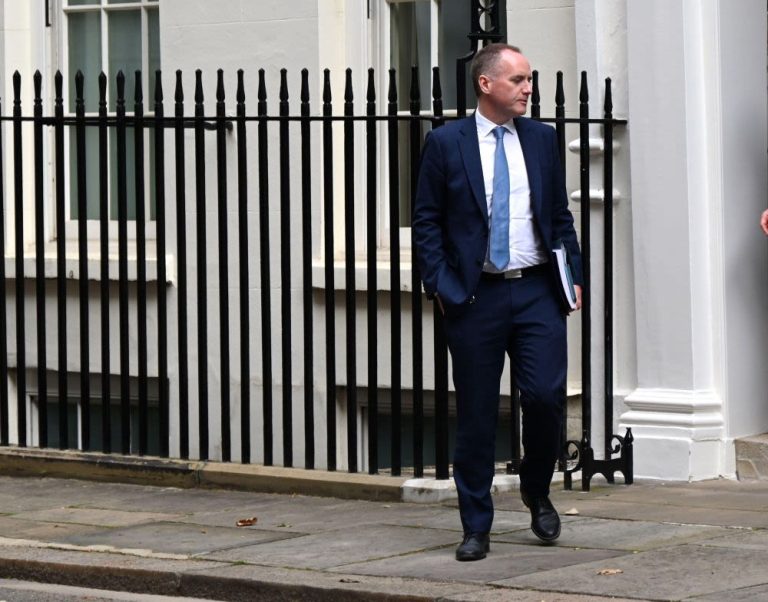
2BB2G23 Morecambe FC fans in the stands.
A looming crisis in English football
This summer has brought fresh alarm to fans and communities who follow the English game. Morecambe FC, a 105-year-old club, was suspended from the National League after missing key payments, while Championship side Sheffield Wednesday faces a potential points deduction for delayed wages. Both clubs have been hit with transfer embargoes, and supporters fear they may not survive the opening weeks of the new season.
The promise of an independent regulator
In response to repeated financial failures across the football pyramid, Parliament passed the Football Governance Act in July. The Act creates an independent regulator empowered to oversee the top five tiers, including the Premier League, Championship and National League. Its main duties include:
While the law is on the books, bringing the regulator to life requires secondary legislation to set its powers and launch date. Labour MPs say that delay cannot continue, or more clubs will vanish.
Calls for swift implementation
With Parliament due to return from recess in early September, a cross-bench group led by Labour peers and MPs is pressing the Department for Culture, Media and Sport (DCMS) to lay the necessary orders without further delay. They argue that immediate action could avert the collapse of both Morecambe and Sheffield Wednesday, and protect other clubs on the brink.
Voices from affected communities
- Lord David Blunkett (former Home Secretary): “We must not stand by fiddling while Rome burns. Secondary legislation should be tabled in September, with the regulator operational by November.”
- Clive Betts MP (Sheffield South East): “We introduced the regulator to be the last line of defence if owners threaten to implode a club. That backstop must be in place now.”
- Bayo Alaba MP (Southend East & Rochford): “Assura shareholders approved a takeover by PHP, showing the importance of strong governance. Football deserves the same protections.”
- Lizzi Collinge MP (Morecambe & Lunesdale): “Under the new test, the current owner of Morecambe would never have passed. It gives me comfort that no other community should face this pain again.”
Why timing matters
Secondary legislation is the final step that turns an Act into enforceable rules. Without it, the regulator cannot hire staff, recruit a chief executive or sit its board. Ministers have confirmed to PoliticsHome that recruitment for a CEO and appointments to the board are priorities, but an exact timetable remains unpublished.
Labour parliamentarians warn that every week of inaction risks another historic club collapsing under unbridled debt. Bury FC and Macclesfield Town are recent examples of clubs driven out of business by financial mismanagement, causing trauma for fans and local economies alike.
Potential impact of a working regulator
Once fully established, the regulator will:
These powers could mean the difference between a distressed takeover and outright liquidation.
DCMS response and next steps
A DCMS spokesperson told PoliticsHome: “We recognise the urgent challenges at Morecambe, Sheffield Wednesday and beyond. Implementing the Football Governance Act is a priority. Secondary legislation and board appointments are progressing, and we aim to give the regulator full powers as soon as possible.”
Supporters and MPs alike will watch closely for the announcement of draft orders in the coming parliamentary session. Failure to act risks another season of uncertainty, with clubs and communities left to wonder whether their teams will survive to kick another ball.
Protecting the future of the game
English football depends on the health of its clubs, from grassroots to the Premier League. Labour’s campaign to fast-track the regulator reflects a wider belief that financial oversight and transparency are essential for the long-term sustainability of the sport. With two clubs in danger today, the test for ministers is whether they can match legislative promise with prompt and effective delivery.





